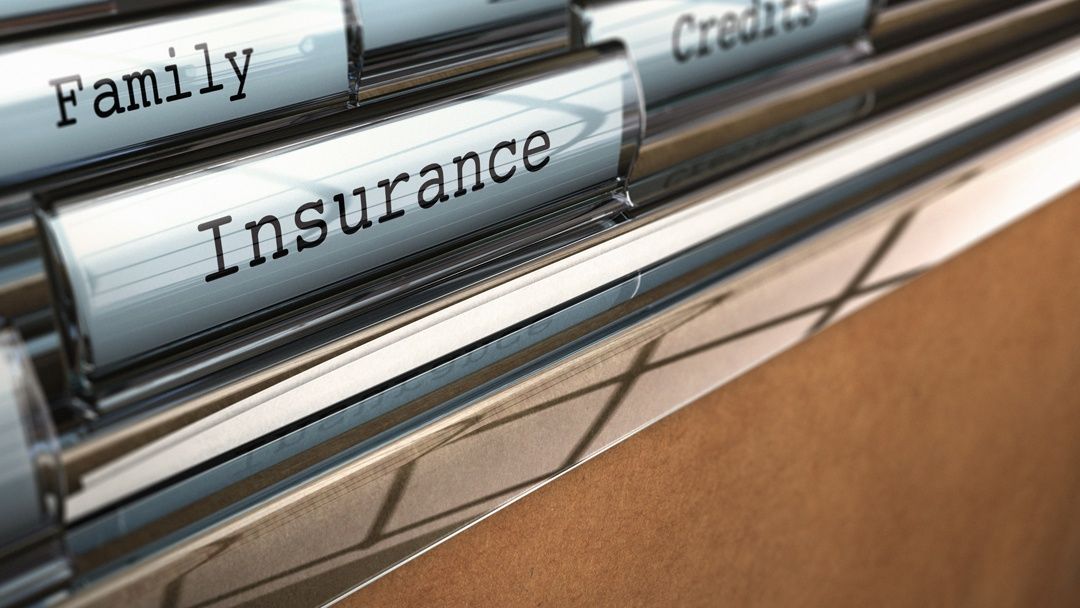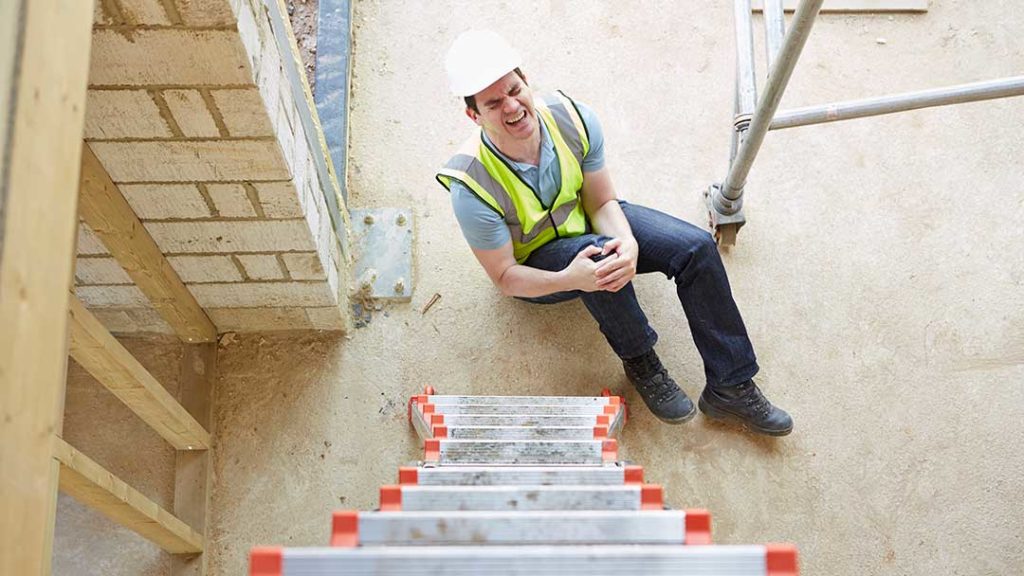
Construction Accident and Workers Comp FAQ | Construction Workers Legal Guide
Construction workers are exposed to various risks, including falls from heights, machinery accidents, and electrical hazards. These risks are alarmingly frequent, with falls accounting for a significant portion of accidents, representing a substantial threat to worker safety.
According to the U.S. Bureau of Labor Statistics, the rate of construction-related accidents are no doubt increasing. In 2021, falls, slips, and trips in construction occupations resulted in 370 fatalities for construction workers alone, marking a 7.2 percent increase from 2020, when there were 345 fatalities. The increase in fatalities for construction workers is concerning, especially when results of construction mishaps are known to be more fatal following through car accidents being the most notorious.
In case you or a loved one got into this unfortunate event, It’s not uncommon to feel overwhelmed, confused, and even depressed. Kerner Law Group, P.C. advises that it is important for an individual to be fully aware of what are your rights as a construction worker and what are the right steps to do in case you or a loved one got into construction accidents.
In this article, we will help you determine your rights under New York state law and answer the frequently asked questions regarding construction accident and the possible compensations can be claimed including workers comp.
Construction Accident and Workers Comp
A Construction Accident refers to any incident occurring on a construction site that results in damage or injury. Construction sites are laden with risks due to heavy machinery, high elevations, and hazardous materials, making accidents like falls, equipment malfunctions, or structural collapses relatively common. These incidents can lead to serious injuries or fatalities.
Workers’ Compensation, or Workers Comp, is a form of monetary award designed to provide wage replacement and medical benefits to employees injured in the course of employment, negating the necessity for litigation. In the context of construction accidents, injured workers typically rely on Workers’ Comp to cover medical expenses and lost wages during recovery. The availability and amount of compensation may vary depending on the state’s laws and the circumstances surrounding the accident.
Do I Have the Right to Seek Workers Comp Following a Construction Accident Injury in New York?
Yes! if you’ve been injured in a construction accident in New York, you possess the right to pursue compensation.
The majority of construction workers in New York are considered as employees, not independent contractors. Thus, they are shielded by New York’s workers’ compensation statute. This means if you’re hurt while working, you have the right to workers’ compensation benefits, regardless of who was at fault.
Is Workers’ Compensation The Only Statute I Am Eligible Under If I Was Injured In A Construction Accident?
No, Workers’ Compensation is not the only law you may be eligible under if you had a construction accident, especially in a state like New York. While Workers’ Compensation provides benefits to employees injured on the job regardless of fault, there are other legal avenues that might be relevant depending on the specifics of your accident.
- New York Labor Laws
- Third-party Personal Injury Claims
- Product Liability Claims
- Premises Liability Claims
To fully understand your rights and potential avenues for compensation, it’s advisable to consult with an attorney experienced in New York’s construction accident laws.
Who Is Liable In A Lawsuit On Construction-Related Accidents In New York?
When an accident occurs on a construction site in New York, determining the liable party for a lawsuit or lawsuits is essential for ensuring that the injured individual receives proper compensation. Here’s a closer look at potential liable parties considering the provided factors:
1. General Contractors
General contractors play a pivotal role in ensuring that a construction site is safe for all workers. They can be held liable for:
- Improper Safety Equipment: If a general contractor does not secure the appropriate safety equipment, they can be at fault for any ensuing injuries.
- Modifying Equipment: In instances where equipment is modified inappropriately, such as removing railings, the general contractor can be held responsible for any injuries that result from these modifications.
- Worksite Arrangement: General contractors must organize a worksite to minimize the risk of falls and other hazards. Failure to do so could result in their liability for any accidents that occur due to this oversight.
2. Product Manufacturers
If an injury on a construction site occurs due to defective equipment, and it’s determined that the defect was a manufacturing error, the product manufacturer could be held liable. This however, will be under product liability laws, where manufacturers are accountable for ensuring the safety of their products and not fall under workers’ compensation law.
3. Property Owners:
Property owners can be held liable under several New York Labor Laws:
- New York Labor Law 240: Often known as the “Scaffold Law”, this mandates that property owners (and general contractors) are liable for ensuring protection against falls or falling objects. They can be held strictly liable for injuries stemming from these risks.
- New York Labor Law 200: This law obligates property owners and contractors to provide a safe working environment. If injuries occur due to unsafe conditions that the property owner or contractor controlled or should have controlled, they might be held liable.
- New York Labor Law 241: This law sets specific safety standards for construction sites. Any breach of these standards leading to an injury could place liability on property owners and general contractors.
4. Third Parties
In some scenarios, a third party, distinct from one’s employer or co-worker, may be the source of negligence causing an injury. This could be:
- Subcontractors: Responsible for specific tasks on the construction site, if their negligence leads to an injury, they could be held accountable.
- Equipment Manufacturers: As noted above, if equipment malfunctions due to manufacturing errors or design flaws, the manufacturer could be liable.
- Other Unrelated Entities: Any other party present or involved in the construction process that acts negligently and causes an injury might be pursued for damages.
What Kind Of Compensation CanConstruction Workers Seek After A Construction Related Injury In New York?
After sustaining an injury on a construction site in New York, you can seek various forms of compensation depending on the circumstances of your accident and the parties involved. Here’s a breakdown of potential compensatory avenues:
- Medical expenses: Costs related to emergency care, surgery, medication, rehabilitation, and any other necessary treatments.
- Lost wages: A portion or full coverage of your salary if you’re unable to work due to your injuries.
- Permanent partial or total disability: If your injury results in long-term or permanent disability.
- Death benefits: If the injury results in fatality, the family or dependents might receive compensation.
- Pain and suffering: For physical pain and emotional trauma.
- Lost future earnings: If your injury affects your capacity to earn in the future.
- Loss of consortium: Compensation for the loss of family relationships, especially in the context of a spouse.
- Punitive damages: In cases where the negligence was especially egregious.
What If My Employer Doesn’t Have Workers’ Compensation Insurance?
When your employer in New York doesn’t provide Workers’ Compensation insurance, the state has a safety net in place for such situations that is called “Uninsured Employers’ Fund”.
What Is Uninsured Employers’ Fund (UEF)
The Uninsured Employers’ Fund (UEF) is a safety net established by certain states, including New York, to provide financial relief to workers injured on the job when their employers lack Workers’ Compensation insurance.
It covers medical expenses and a portion of lost wages for eligible workers. The UEF ensures that injured employees have a recourse for compensation even if their employer is non-compliant with mandatory insurance regulations. However, the coverage might not be as comprehensive as standard Workers’ Compensation benefits.
Other Factors To Consider For Construction Injury Lawsuits
Employer: you can file one or several personal injury lawsuits directly against your employer since they neglected their responsibility to carry mandated insurance.
Third Parties: If your injury was caused or exacerbated by a third party (e.g., a subcontractor, equipment manufacturer), you could also have grounds to sue them for negligence.
What is the Statute of Limitations for a Construction Accident Lawsuit in New York?
When it comes to construction accidents in New York, understanding this timeline is crucial to ensure that your rights to compensation are preserved.
- Personal Injury Claims: If you’ve been injured in a construction accident and are pursuing a personal injury claim, you typically have three years from the date of the accident to file a lawsuit. This means that if you do not commence your case within this three-year window, you might be barred from seeking compensation for your injuries.
- Wrongful Death Claims: In tragic circumstances where a construction accident results in death, the deceased’s family or estate has two years from the date of death to initiate a wrongful death lawsuit.
- Workers’ Compensation Claims: Separate from personal injury lawsuits, if you’re filing a workers’ compensation claim, you have two years from the date of the injury or the date when you became aware of the injury’s relation to your employment. It’s important to note that you should notify your employer of your injury within 30 days of the incident.
- Claims Against Public Entities: If your construction accident involves a claim against a public or governmental entity (like a city or state agency), the time frames and requirements can be different. Generally, you have a shorter window, often 90 days, to file a notice of claim.


